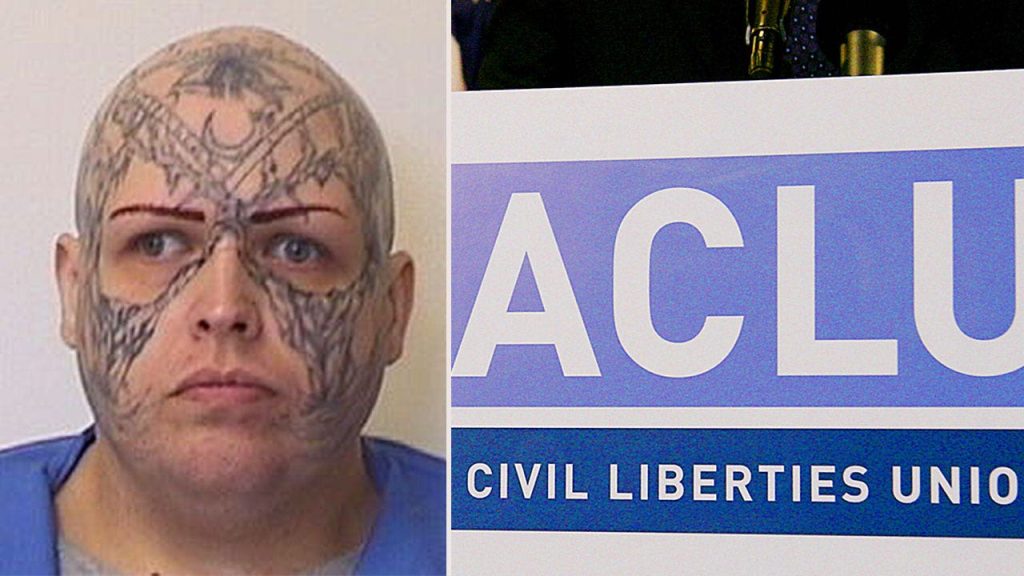A federal judge has ruled that it would be unconstitutional for an Indiana prison to deny a transgender inmate sex reassignment surgery. The inmate, Jonathan C. Richardson, also known as Autumn Cordellionè, was convicted of strangling his 11-month-old stepdaughter to death in 2001. Although Indiana law prohibits the Department of Corrections from using taxpayer dollars for sex reassignment surgeries for inmates, the ACLU filed a lawsuit arguing that the law violates the Eighth Amendment’s prohibition of “cruel and unusual punishment.”
The lawsuit claimed that the surgery for Richardson, who is serving a 55-year prison sentence for reckless homicide, is a necessary medical procedure. Judge Richard Young agreed with the ACLU’s claims and ruled in favor of Cordellioneé, stating that her gender dysphoria is a serious medical condition that requires gender-affirming surgery to prevent serious bodily and psychological harm. As a result of the ruling, the Department of Corrections must now take all reasonable actions to ensure Cordellioné undergoes sex reassignment surgery.
Indiana Attorney General Todd Rokita, a Republican, expressed intent to appeal the decision, stating that an Indiana inmate convicted of murder should not have taxpayers fund their gender-altering surgery. Cordellioneé, who was diagnosed with gender dysphoria in 2020 and has been prescribed female hormones and testosterone blockers, has identified as a woman since the age of 6. The lawsuit argues that gender-affirming surgery is necessary for Cordellioneé to align physical identity with gender identity and alleviate gender dysphoria.
Cordellioneé’s history includes a tragic incident where he strangled his then-wife’s 11-month-old daughter to death in 2001. Court documents revealed that Cordellioneé was calm and unemotional when recounting the incident during an initial interview with a detective. In addition to the lawsuit regarding sex reassignment surgery, Cordellioneé also filed a separate lawsuit against a prison chaplain for allegedly preventing him from wearing a hijab despite identifying as a Muslim woman. The chaplain prohibited Cordellioneé from wearing a hijab outside of his immediate bed quarters.
The ACLU’s lawsuit on behalf of Cordellioné highlighted the inmate’s gender dysphoria as a serious medical need that must be addressed through gender-affirming surgery. The ruling by Judge Richard Young in favor of Cordellioneé emphasized the necessity of the surgery to prevent serious harm to Cordellioneé’s well-being, both physically and psychologically. Indiana law restricts the use of taxpayer dollars for sex reassignment surgeries for inmates, but the ACLU argued that denying the surgery constitutes cruel and unusual punishment, as prohibited by the Eighth Amendment. Attorney General Todd Rokita has indicated intentions to appeal the decision, stating that taxpayers should not fund gender-altering surgery for an inmate convicted of murder.


